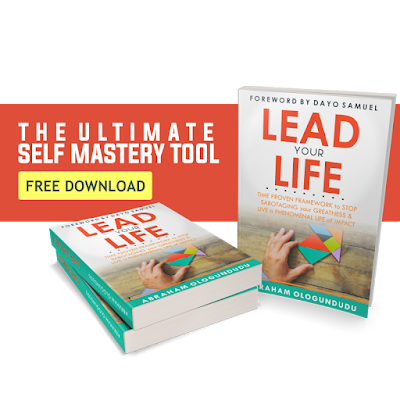 |
| Photo by: David Goldstein |
I grew up with some beliefs and ethics. These beliefs and ethics had become a huge part of me. These beliefs and ethics were as a result of stories i was told. Stories told to me by people whose influence on me can’t be in anyway measured.
During those moments i wouldn’t doubt them because i believed the sources of those stories were credible. (Friends, family e.t.c).
As we continue in our human race, the stories becomes embedded in us and it becomes a lifestyle. Most times we never question the existence or validity of these stories.
Few weeks back in my dormitory, my friend +joseph jide Showed me a video. It was a video of Chimamanda Adichie telling a story she titled “The dangers of a single story” on ted.com. She believes in the power of stories and that stories have a way of defining a group of people.
Though it's an old video dated back in 2009 but it's still fresh and relevant till now.
Watching her speak with my eyes on her lips and my ears absorbing every word. See the video below. To save data you can read the transcript.
I had always seen their society as being dysfunctional. I believed that they were too corrupt.
I’ve been guilty of stereotyping the Igbos and Hausas. Anytime I think of the Igbo man, I used to see a man with evil business ambitions and experts in production of fake products.
Tribalism can be linked with “single stories.” The main reason why i had those orientation about the tribes was because i failed to see them in their totality.
I only took a single part of the whole story and continually tell myself the same story over and over again.
Stereotypes
“The single story creates stereotypes, and the problem with stereotypes is not that they are untrue, but that they are incomplete. They make one story become the only story. “- Chimamanda Adichie
PREJUDICE
If negatively prejudiced, it can be a major factor contributing to depression.
Anybody can be prejudiced because of gender, social class, age, disability, religion, nationality, race ,ethnicity and sometimes because of personal characteristics.
SEGREGATION
MY single story project
After that speech i got inspired to gather stories of people who are victims of the “Single story”. Those who stereotyped, Those who were experienced being stereotyped. This will based on personal experience.
Purpose of this project
I can contribute my own quota by sharing the news, Extending the chain.
I’ve started these in my neighbourhood though.
Power and Influence
“It is impossible to talk about the single story without talking about power…………. How they are told, who tells them, when they're told, how many stories are told, are really dependent on power. Power is the ability not just to tell the story of another person, but to make it the definitive story of that person.” – Chimamanda Adichie
That’s how power and influence can affect a story. Any story being told on the American TV as we know it always have a lasting impact.
Last Saturday +Cynthia Ese posted a story on her blog. She posted about an Honorable in Edo State house of assembly that held a pump action to a LG electoral center that was held on Saturday in Edo state.
How To Send Your stories
It is harmful to tell a story from a single perspective.
Late Chinua Achebe the prolific Nigerian writer called it “Balance of stories”.
I crave for a balance of stories. Do you?
You have reached the end of the rainbow. Please make a contribution using the comment form below and get your pot of gold,





